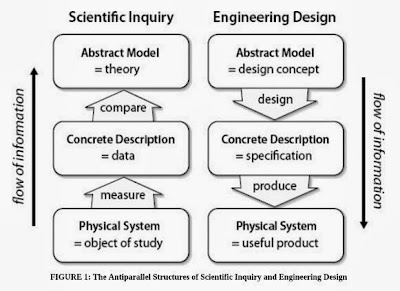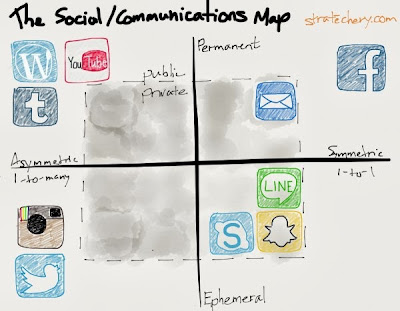Internet Mobs
A few days back, just before boarding her flight to Africa, Justine Sacco, the communications director for InterActiveCorp (IAC) tweeted: “Going to Africa. Hope I don’t get AIDS. Just kidding. I’m white!” What happened next will make even warp speed seem like a crawl. “A mob with 140-character pitchforks” sprang up, as Nick Bilton described it . Her tweet “set off an avalanche of fury — on Twitter, on Facebook and in the news media across the globe”, as Jeff Bercovici put it . 12 hours later, IAC fired Sacco (12 hours was also the duration of her flight). That’s the pace of the Internet for you. So many others tweet idiotic and offensive things. So why did Sacco evoke such a strong reaction? Mostly because she was not a nobody: “Justine’s professional affiliation with billionaire Barry Diller and his well-known companies made her seem important, not just some random crank; a number of other ill-advised tweets provided fresh fodder and the outline of a caricature; her j...




